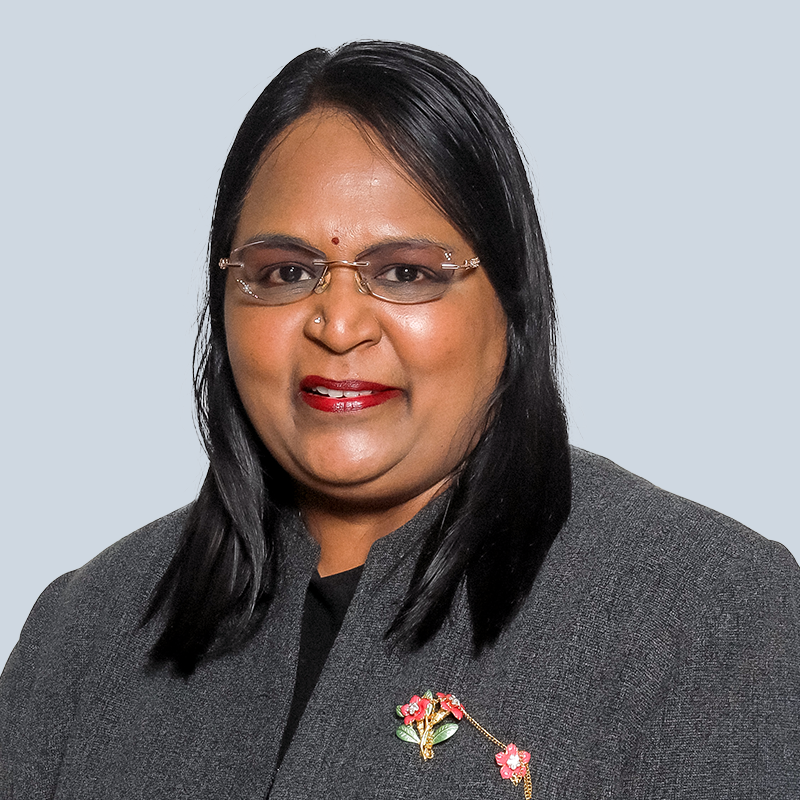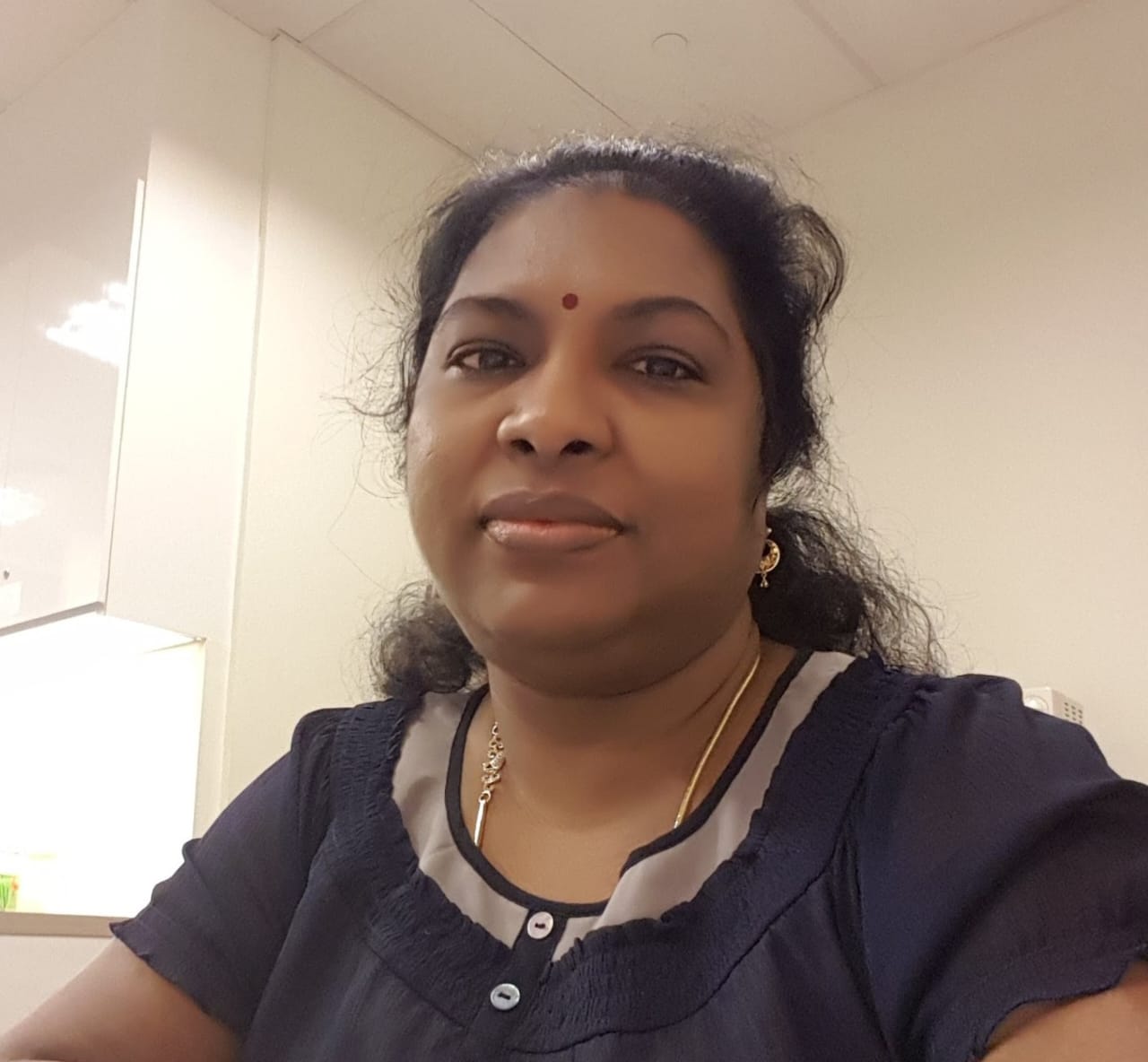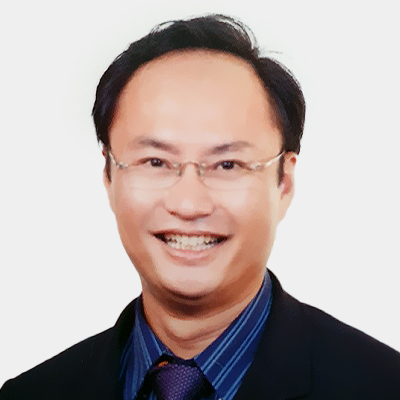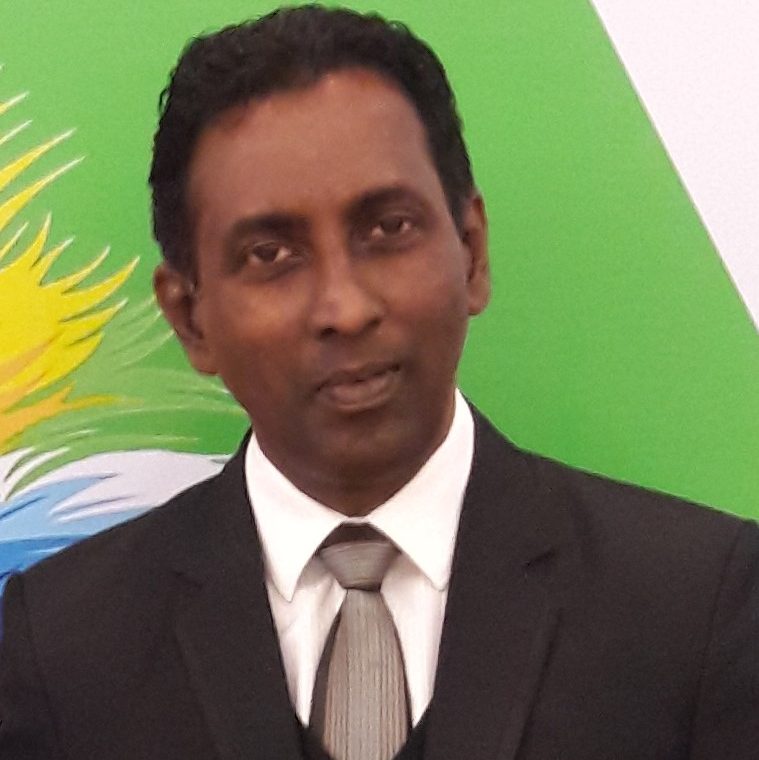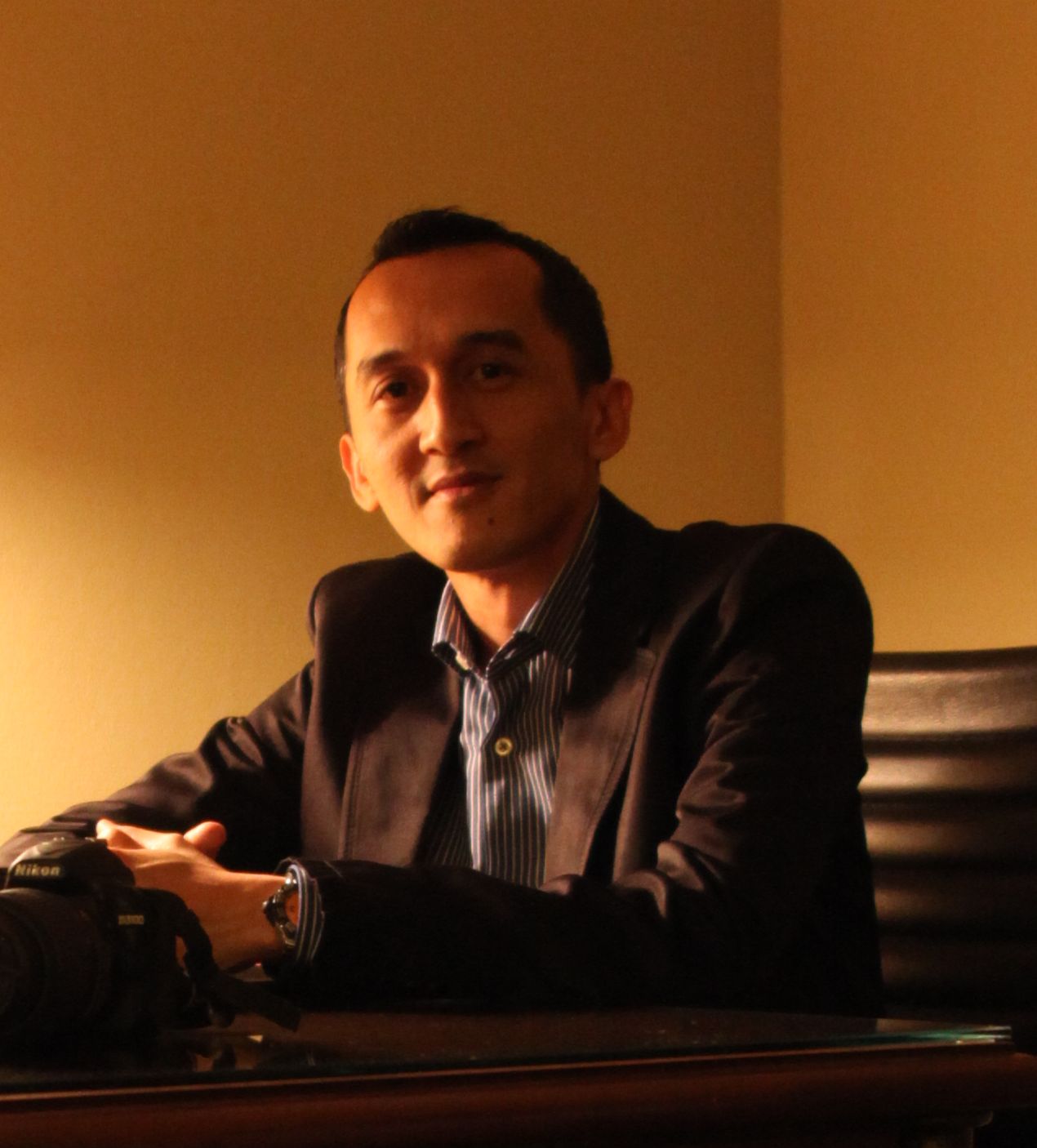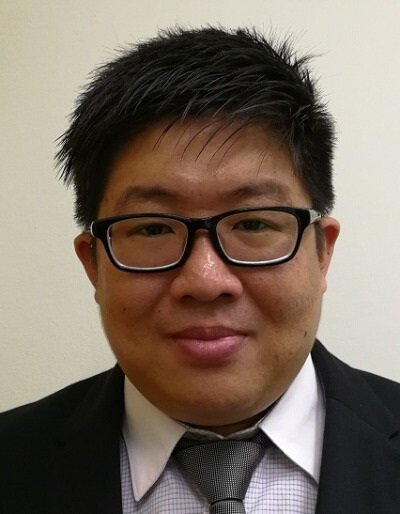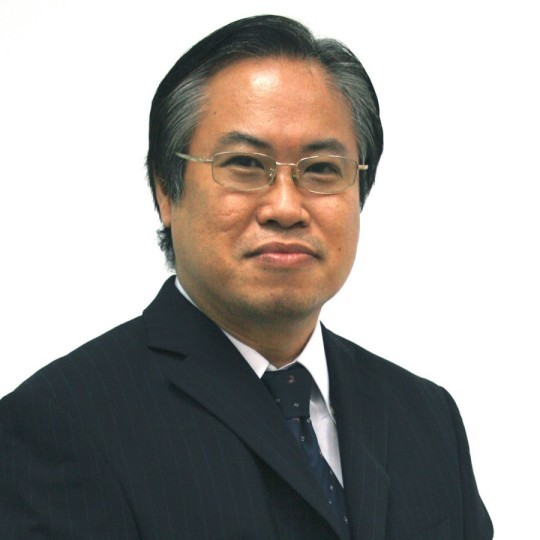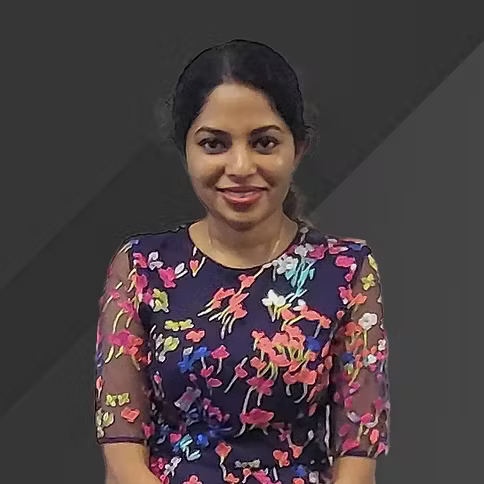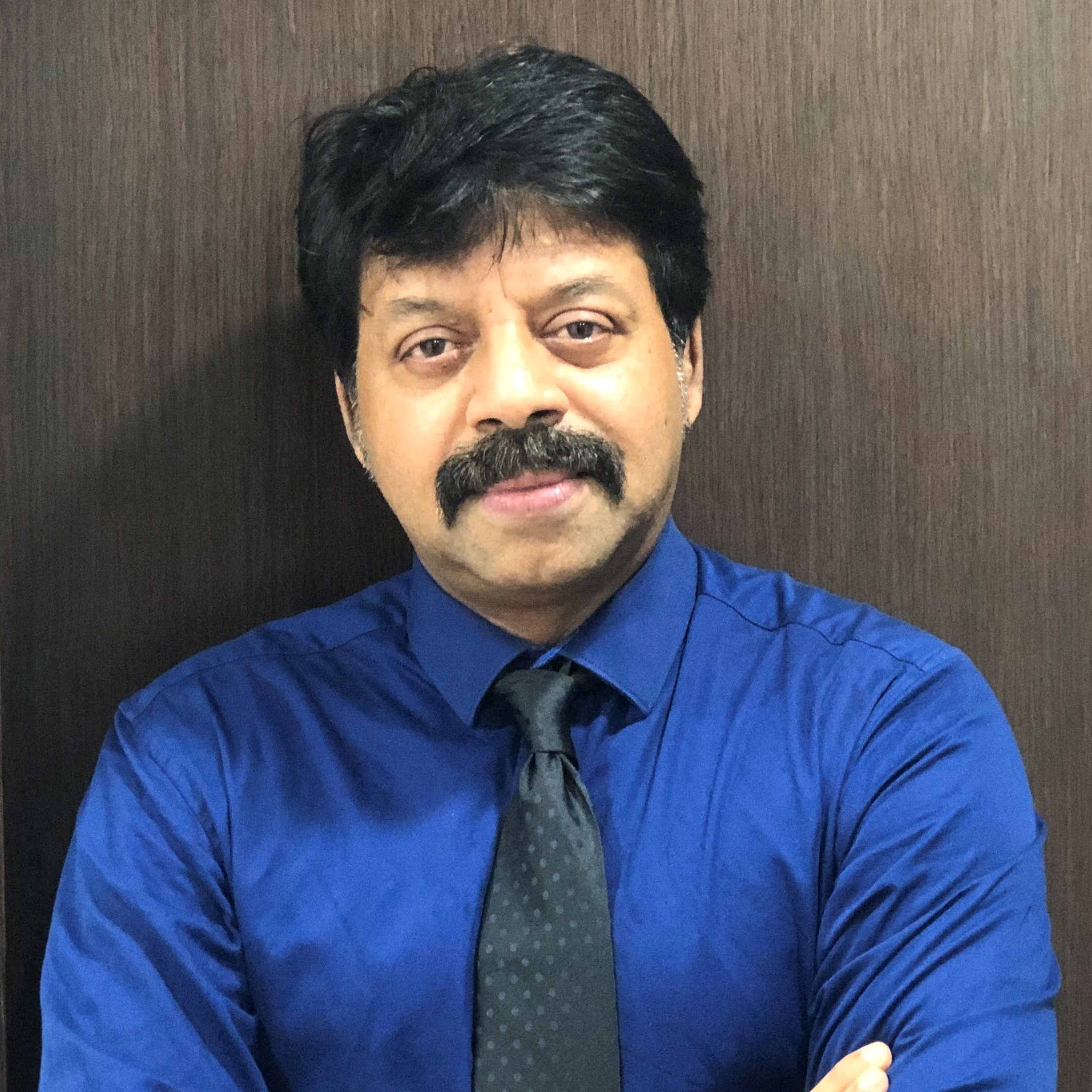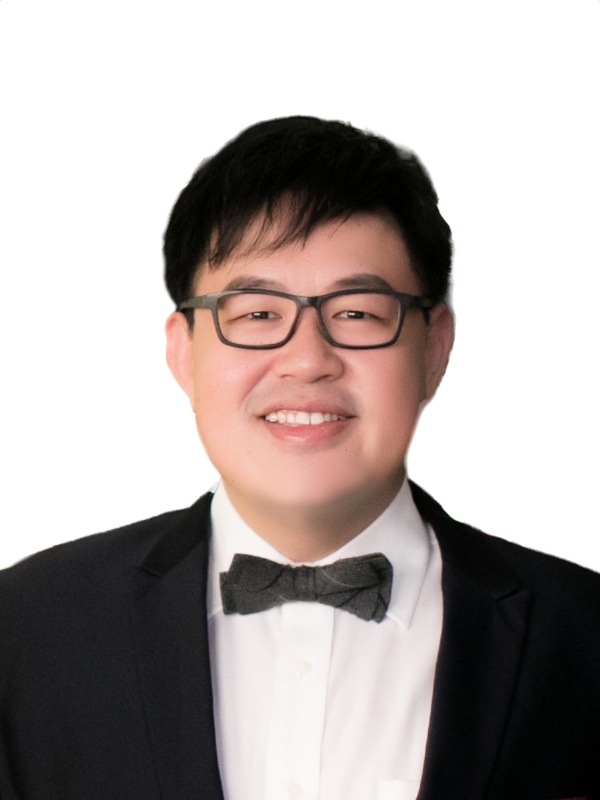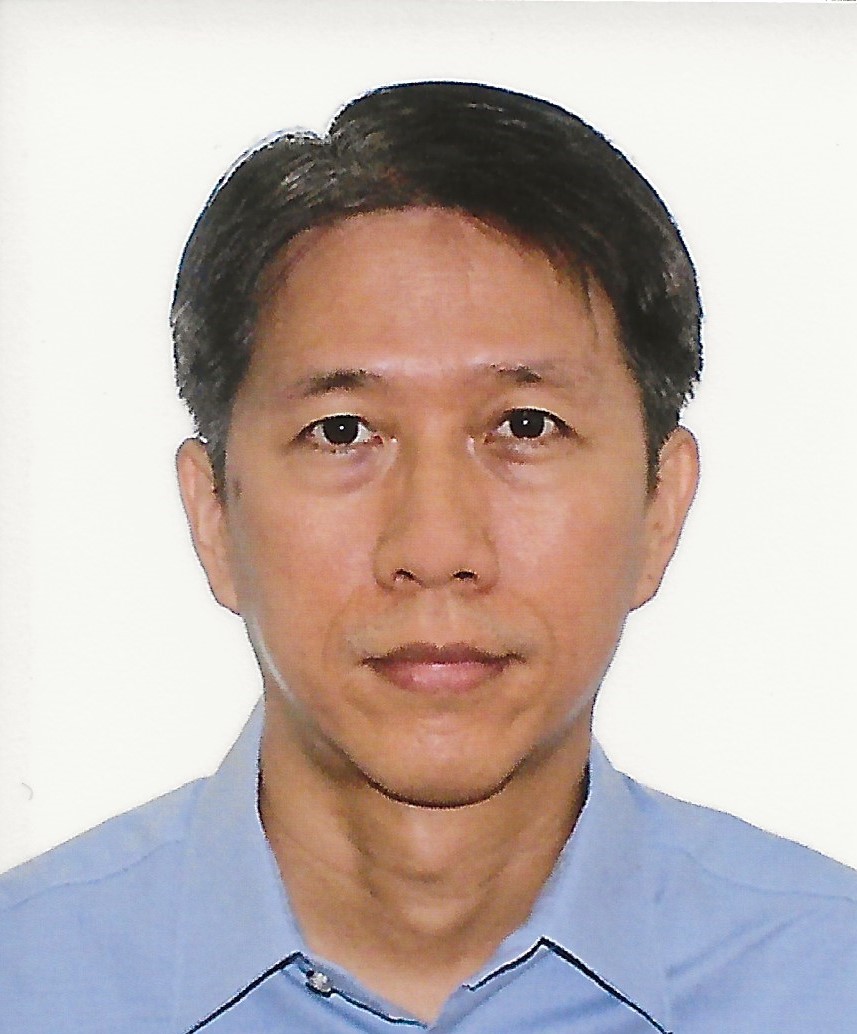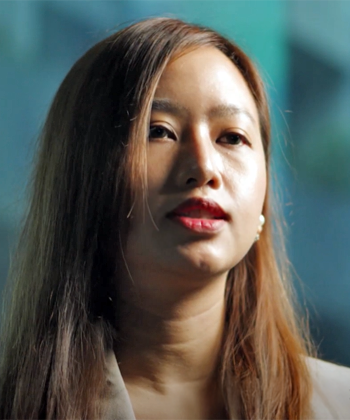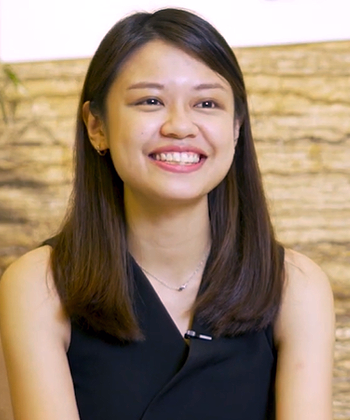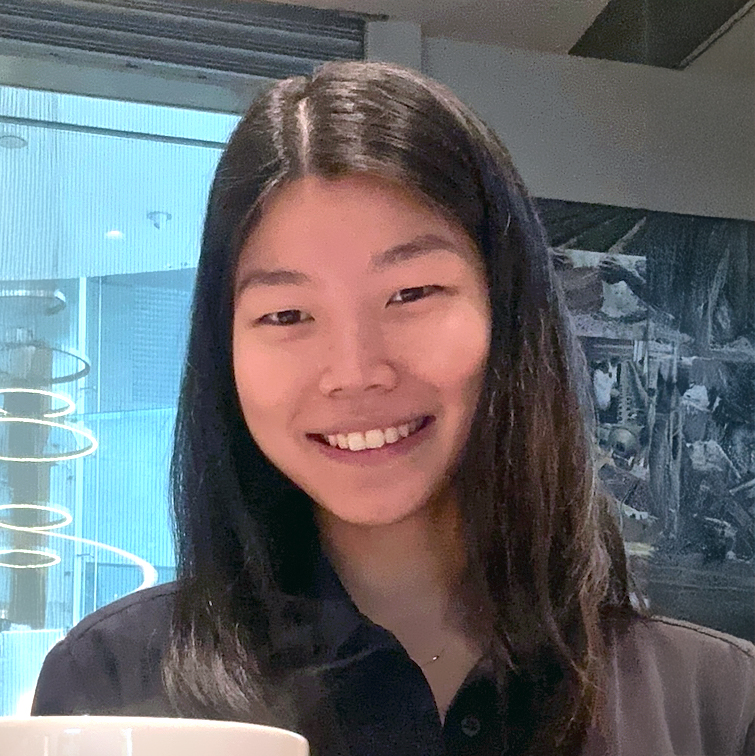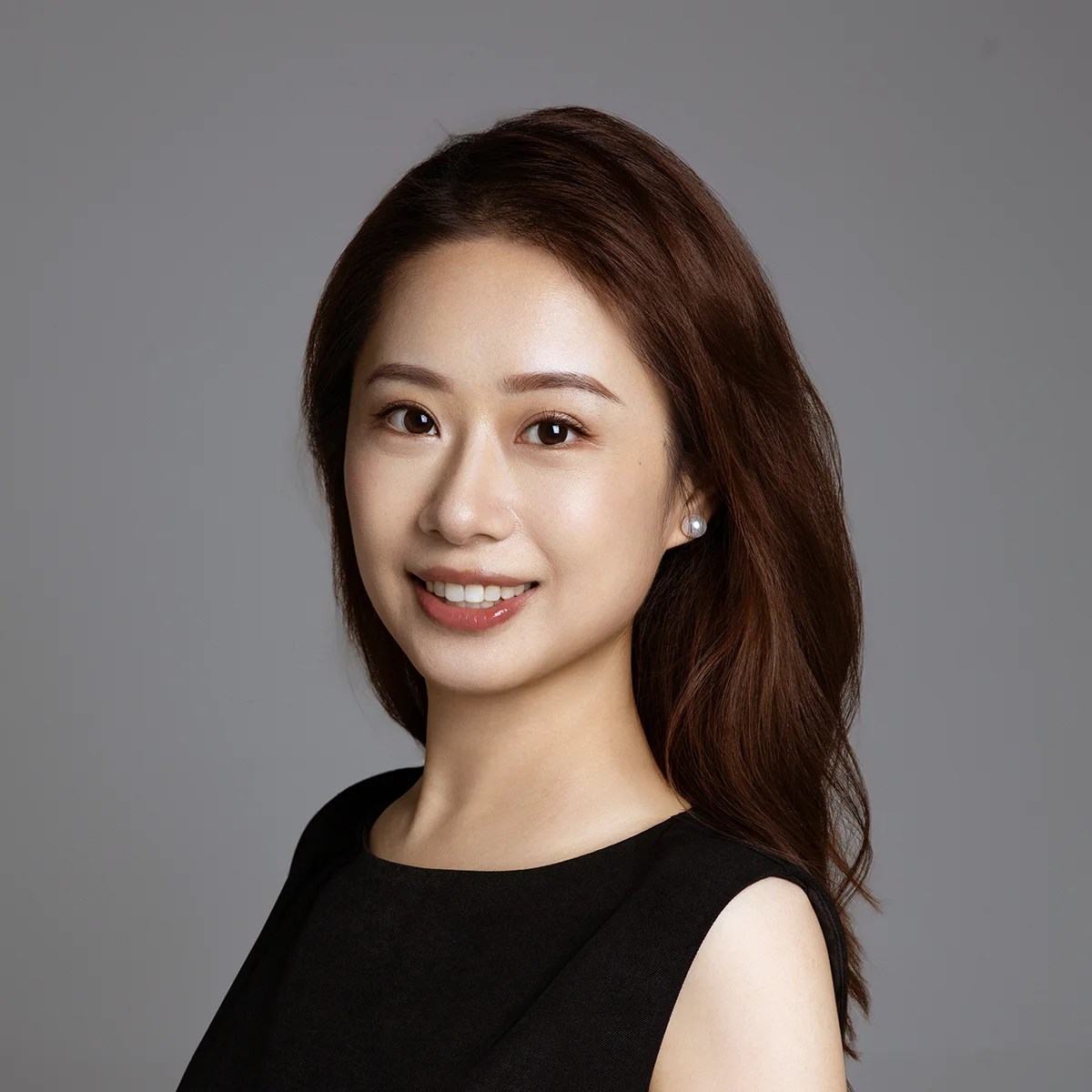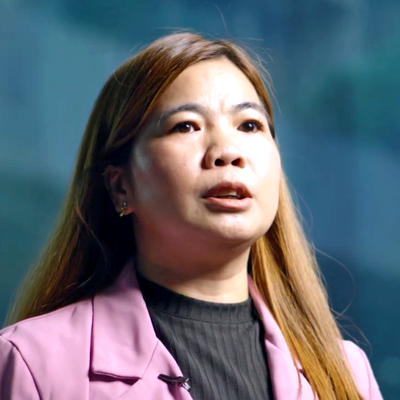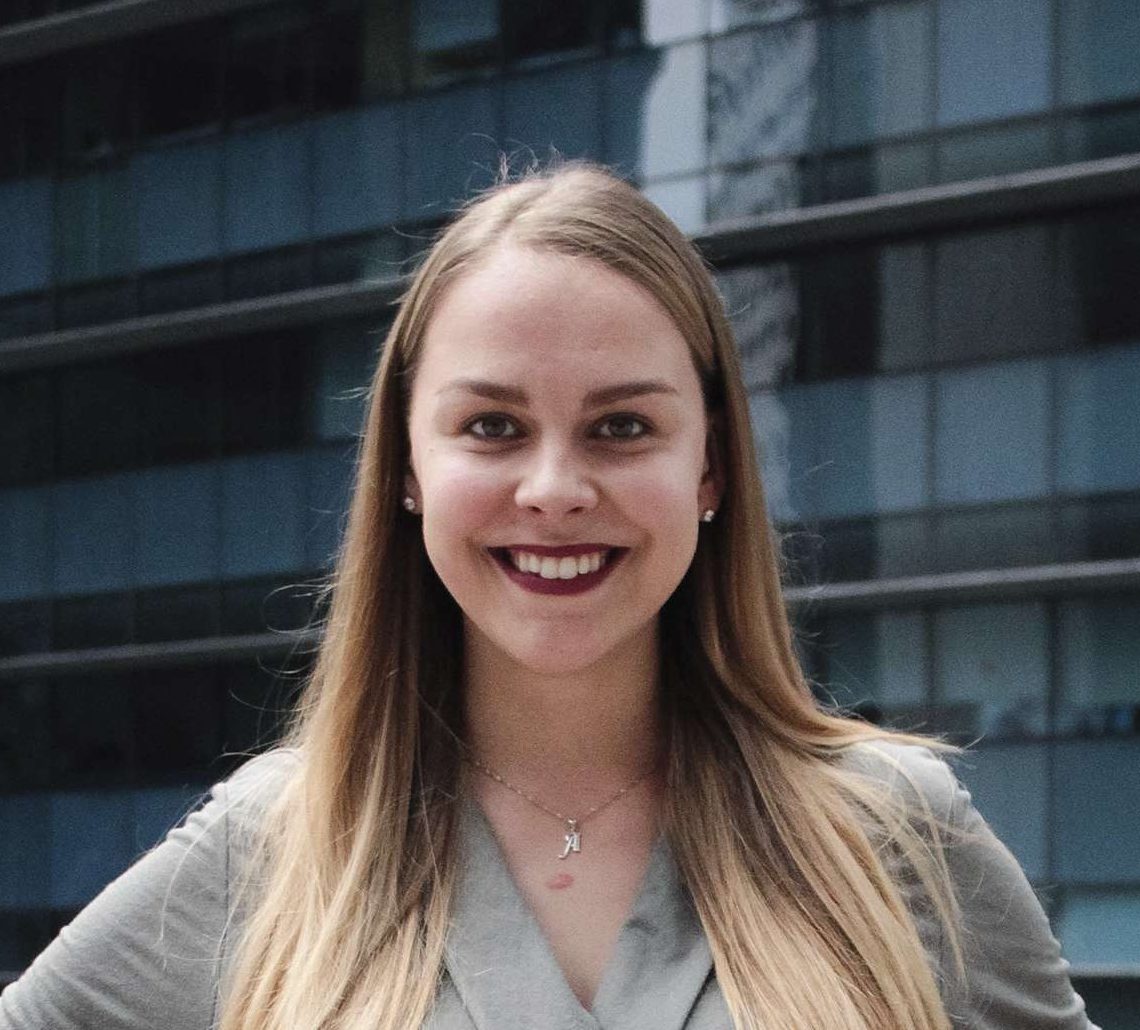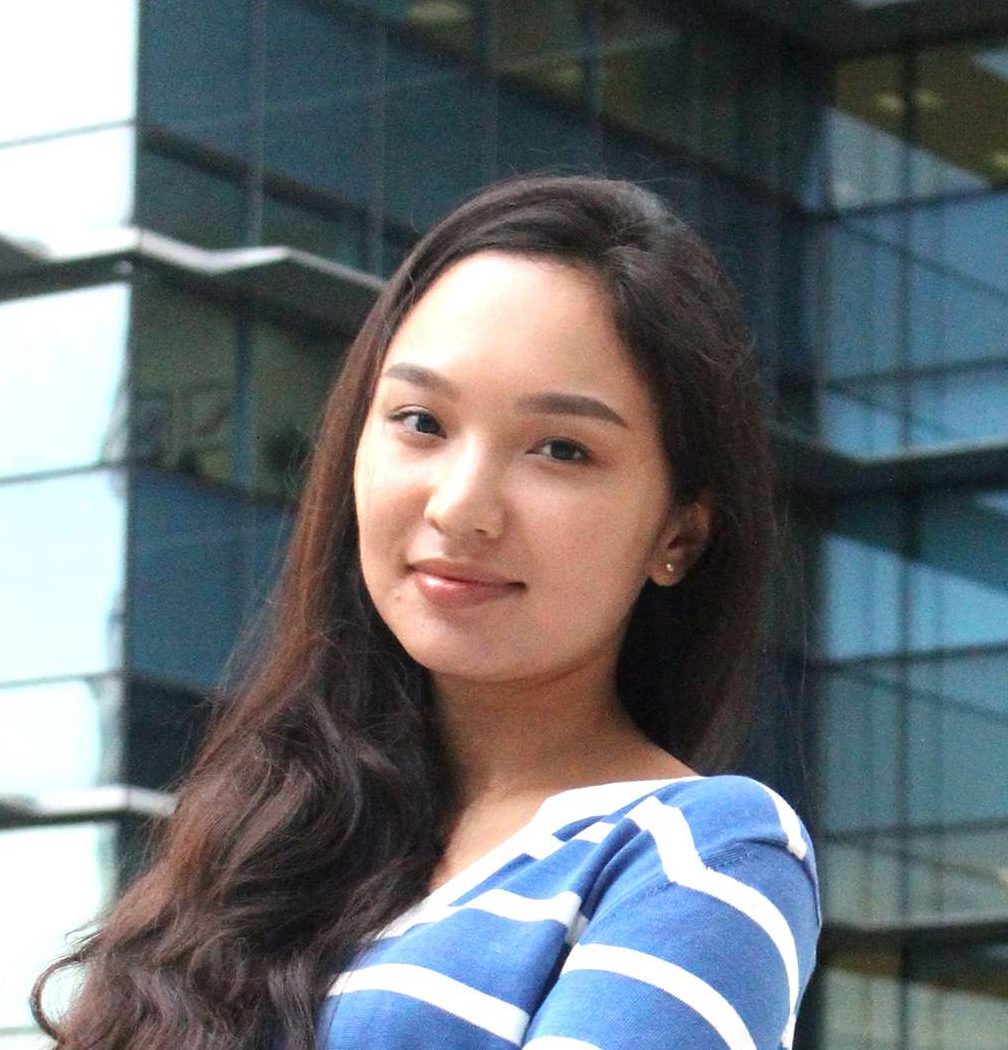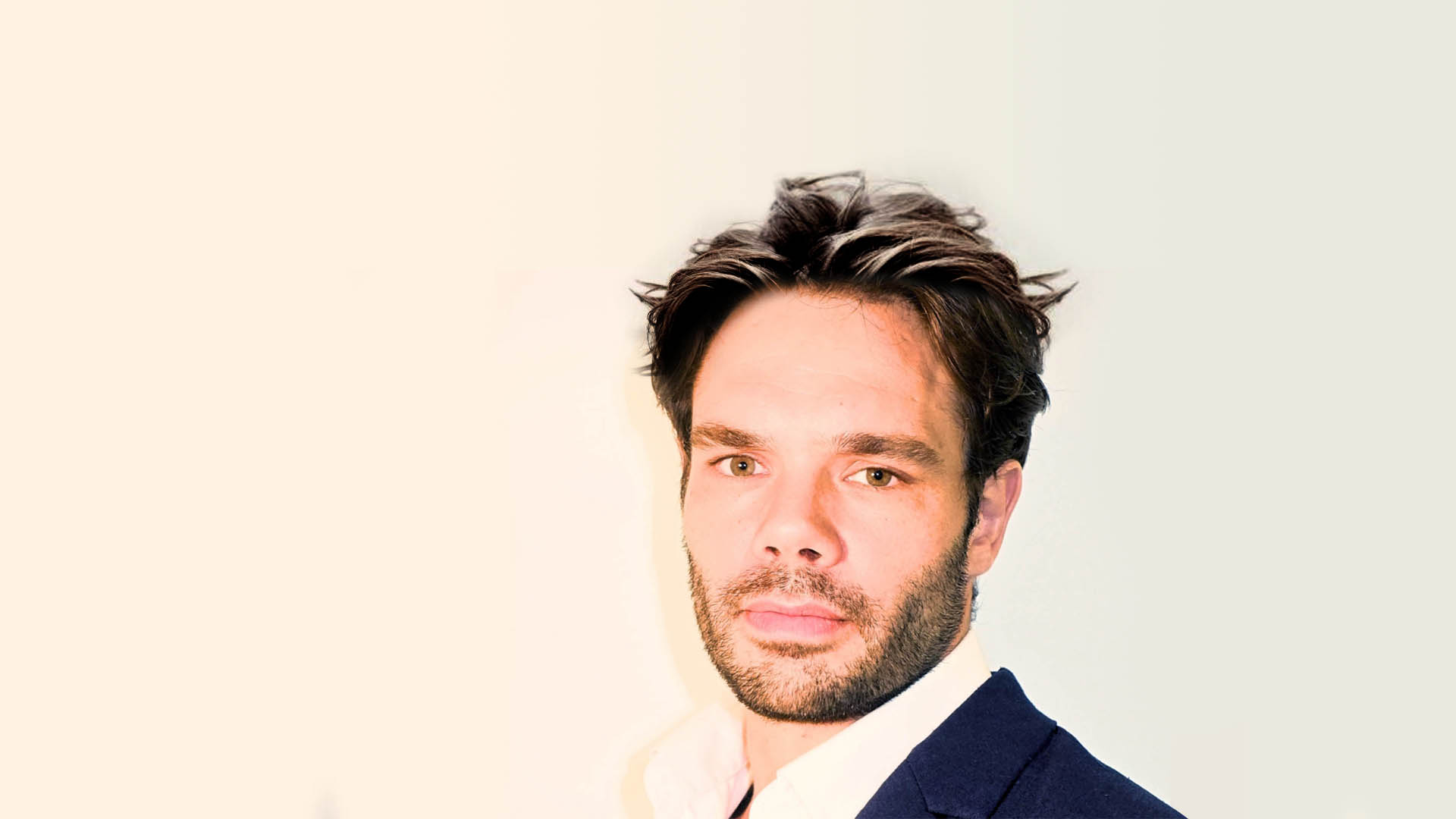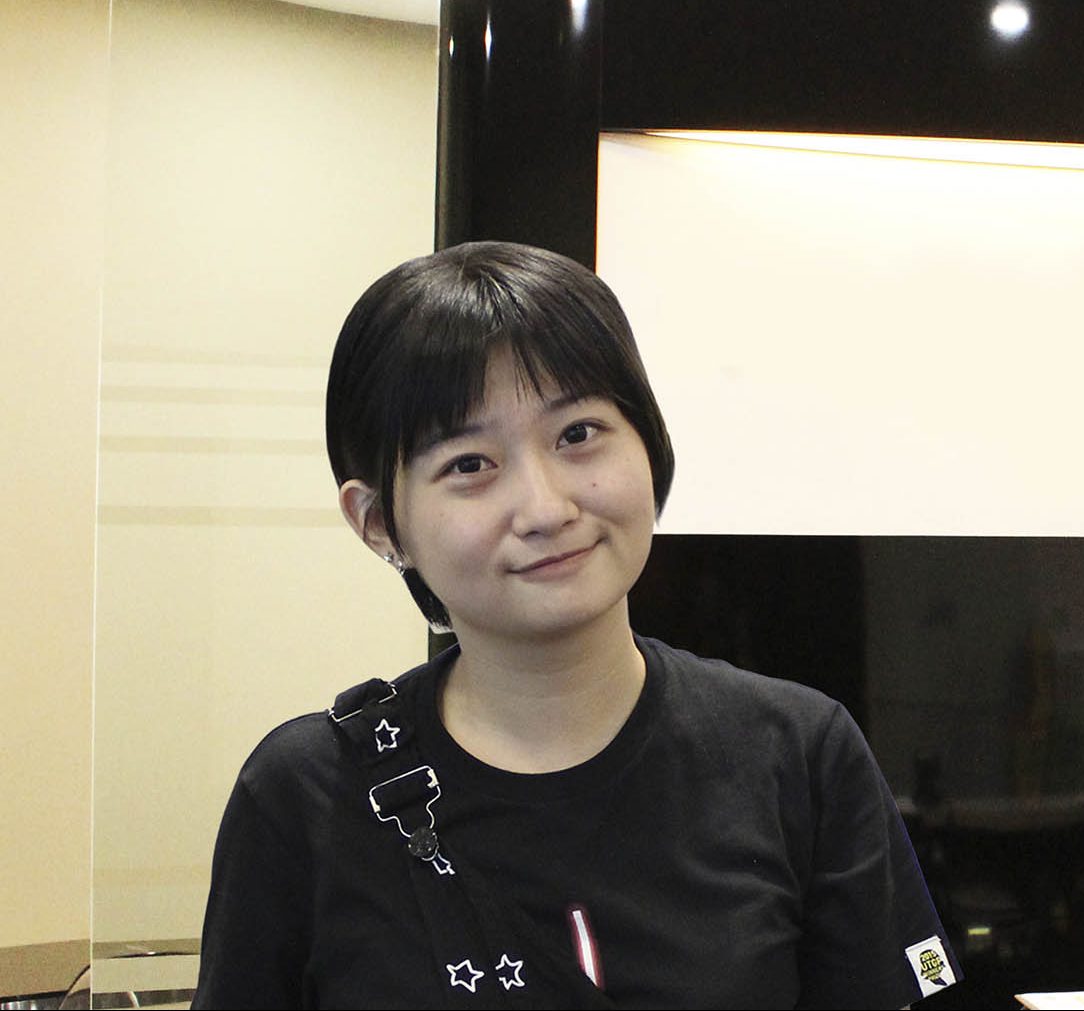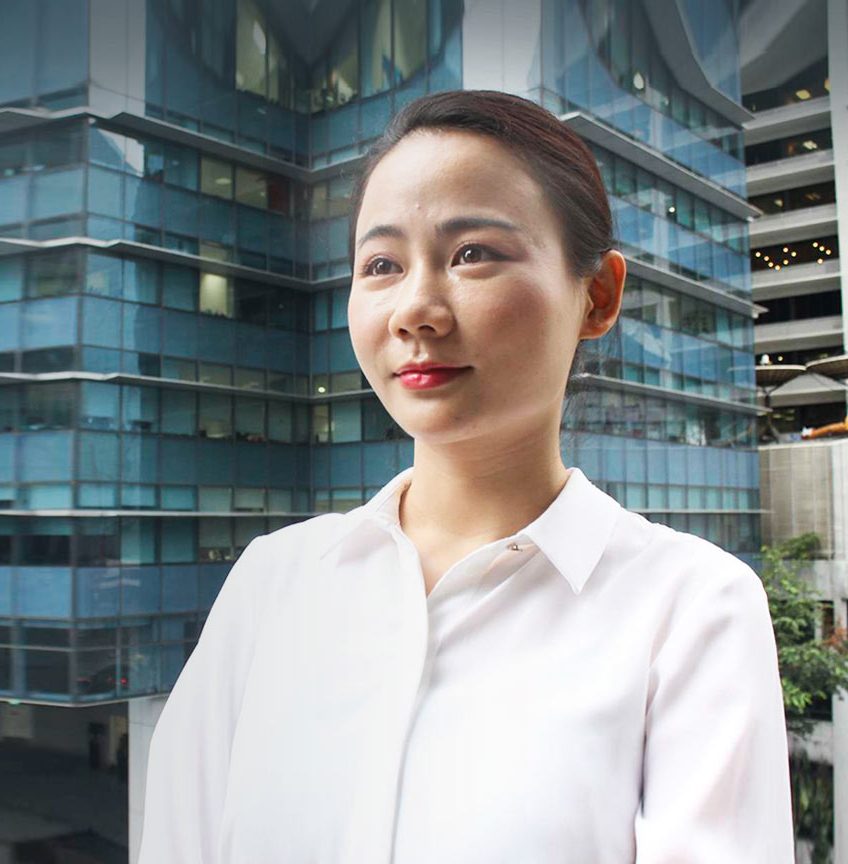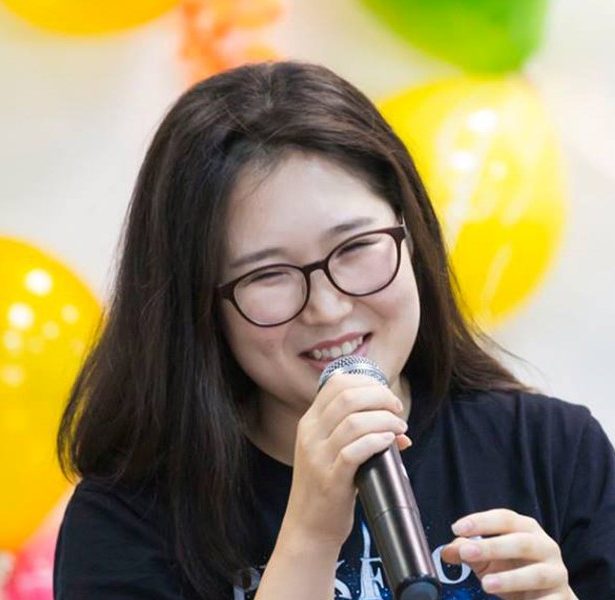
OVERVIEW
About This Programme

The MA in Media and Communication Industries equips students with practical and theoretical skills for careers in the creative industries, including management, research, and policy roles. Students will explore global and local media dynamics, analysing the convergence of media, marketing, and promotional sectors while conducting independent research in areas like digital publishing, social media, and advertising. Upon completion, the Master of Arts degree will be awarded by the University of East London.
Ranked 6th in London for Communication & Media Studies
12 month | fast track degree
Practical and theoretic modules such as Market Data Visualisation
Guided career sessions
MODULES
Designed to explore beyond subject knowledge
The Master of Arts in Media and Communication Industries offers a diverse range of modules that combine theoretical and practical elements to prepare students for success in the creative industries.
Students will engage with topics such as the political and economic organisation of media, global communication inequities, and the evolving dynamics of advertising and public relations. Modules also cover essential research and professional skills, along with technical expertise in data visualisation. Graduates will emerge with a comprehensive understanding of media systems, communication strategies, and industry practices, ready to tackle complex challenges and excel in their chosen careers.
Global Media, Communication and Development
This module seeks to provide you with an understanding of the relationships between communications and international systems, and to help you develop a critical appreciation of the controversial issues within the field of global media and culture. This will include examining the role of communications in national development, the relative power of governments and media organisations, the problems of regulation and the impact of communication technologies. A key focus of this module is to provide a forum for discussion of inequity in global communications by building skills as analysts, and encouraging independent thinking as appropriate for postgraduate level, in structures, cultures, institutions, and political economy of global media.
Data Visualisation Tools and Technologies
In this module, you will explore various hands -on activities and learning opportunities to develop your own creative responses to these tools and technologies. You will investigate how data journalism operates within news organisations and news cycles. This module introduces students to data visualisation tools, terminology, concepts, and techniques.
Media and Marketing Communications
The relationships between media and advertising are changing profoundly as they converge across digital platforms. Once settled relationships are being disrupted as advertising becomes more integrated within media and yet also more decoupled as advertising systems track and address users directly. A multi layered convergence is underway: a convergence of marketing communications and media across corporate arrangements, production practices and identities, cultural forms, and relationships with users. This module explores the changing relationships between advertising, public relations, media, and other environments where promotional communications occur, such as retail, fashion, music, sports and digital outdoor screens.
Investigating Media and Communication Industries
This module examines the media and creative industries and explores their organisation and institutional arrangements, their media forms, products and services, work practices and cultures, as well as their convergence, hybridisation, and transformation.
This is a module about the political and economic organisation (‘political economy’) of the media with reference to western industrial democracies but including study of global media industries and comparative media systems.
Professional Practice and Research Methods (Mental Wealth)
This Mental Wealth module provides you with the academic and professional competencies necessary for successful study at postgraduate level, and particularly for producing a self-initiated final project at master’s level. The module introduces the research project process, the key underlying principles of research design and major methodological approaches that guide research in the fields of media and communication and filmmaking.
All this will help you to develop a coherent research design and/or pre-production documentation for your own final project. The research and development process will equip you with a wide range of conceptual, creative, and practical skills that will help you in any professional or academic career path they pursue in film, media and communication related fields as well as for those seeking to progress to research at a higher level, for example for a doctorate.
Final Project
This module is designed to support you in the production of an independent, master’s level written research project or film and media production project. The purpose is to support you in the completion of your final project based on the preparatory work undertaken in MS7000 Professional Practice and Research Methods. The module will consolidate knowledge acquired and skills developed in earlier modules through the execution of a
piece of independent and original work. The main form of support will be individual supervision, with some group sessions, and with additional technical support, as required.
Full programme structure & learning outcomes
Get details and learn about the advantages of learning with LSBF.
what to expect
Advance Your Career in Media
Programme Aims
- Acquire and demonstrate a systematic understanding and critical awareness of current research and advanced scholarship concerning media and communications industries and practices.
- Demonstrate knowledge of a range of communicative situations and cultural practices, along with the ability to produce detailed analyses of these and to make comparisons and connections.
- Evaluate critically current research and advanced scholarship in the relevant disciplines and fields of study.
- Show originality and self-direction in the application of knowledge through a variety of analytical, research, writing, and professional practice-based tasks.
- Engage with and advance creative processes in one or more forms of media or cultural production, or demonstrate competencies within selected areas of creative and professional practice in the media, marketing, and communications industries.
- Deliver outcomes in verbal, written, and visual form consistent with standards expected at Masters level.
Learning Outcomes
Knowledge and Understanding
- Understand how cultural and media organisations intersect with political and economic processes, cultural meaning-making, and social communications.
- Analyse the political, economic, social, cultural, and technological forces influencing the media and communication industries.
- Evaluate how creative artefacts are originated, produced, distributed, appropriated, and used.
- Examine the organisation and influence of communications systems and processes in social, cultural, political, and economic life across different regions.
- Gain advanced understanding of media and communication industries, including their economic/business applications, industrial/management structures, creative practices, and their influence on users, stakeholders, and societies.
- Develop awareness of the cultural, economic, ethical, legal, and political dynamics shaping working environments in media and marketing communications industries.
- Understand the organisation of work and professional practices in cultural production, distribution, and reception.
- Apply knowledge of legal, ethical, and regulatory frameworks, including intellectual property, relevant to media production and distribution.
Thinking Skills
- Engage critically with major thinkers, contemporary researchers, and debates within the field, applying them effectively.
- Evaluate your own work reflexively, with reference to academic and professional conventions.
- Conduct various forms of independent research, using appropriate methods, frameworks, data collection, and original analysis.
- Develop critically informed analyses of cultural texts and practices associated with media and marketing communication industries.
Subject-Based Practical Skills
- Develop work-based skills in media production, project design, research, planning, measurement, and data analysis for the contemporary media landscape.
- Demonstrate written and oral communication skills suitable for professional applications across media and creative industries.
- Apply ethical considerations and judgement in analysing production, distribution, and consumption in media and culture.
Skills for Life and Work (General Skills)
- Demonstrate computer-based skills, including data analysis, web-based technologies, and digital multimedia production.
- Adhere to relevant ethical codes for media industry sectors, complying with academic and industry standards.
- Organise and manage self-directed projects effectively.
- Investigate potential employment and/or doctoral research opportunities.
- Exhibit transferable skills, such as sound judgement, initiative, personal responsibility, decision-making, and independent learning for ongoing professional development.
Skills you will acquire
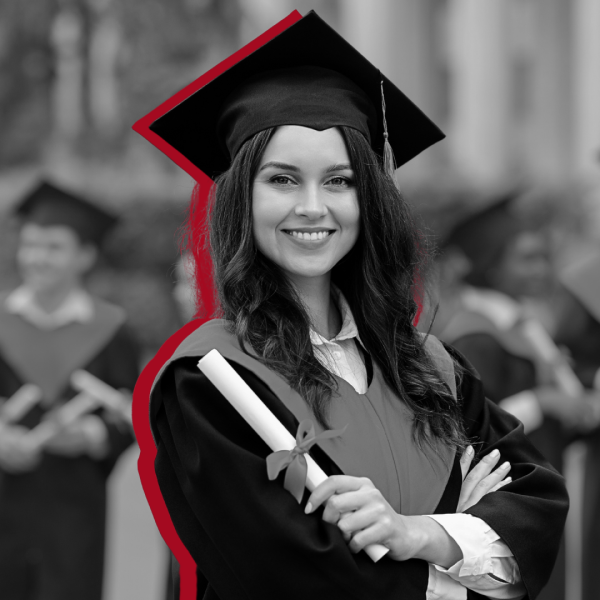
$92,000+
median Singapore salary for Accounting
483,000+
Singapore job openings in Accounting
75%
of graduates report positive career outcome
programme structure
Assessment, Graduation and Award
- Assignments/Project
- Written Exam
- Portfolio
- TCA- Time Constrained Assessment
- Presentation
Attendance requirements
International Students: 90%
Local, PR, non-student pass: 75%
Teacher Student Ratio
1:48
STUDENT SUPPORT SERVICES
Why choose LSBF for your education
Study Materials
Students will receive study materials after they have made full payment for their programme. Replacement of study materials is subject to additional charge.
Student Portal
Students have access to the Student Portal. It is a useful site where the course information and learning materials are available for students’ easy reference.
Accessible Faculty
Students may contact their lecturers directly via email outside the lecture hours for any academic related queries.
Recorded Lectures
We will show compassion and care to all stakeholders as we believe the journey is as important as the outcome.
ELIGIBILITY
Who can apply
Minimum Academic Entry Requirement
Local and International students MUST have
- Bachelor’s degree with minimum Second Class (2:2) or equivalent in a Social Sciences or Humanities subject.
- UEL accepts a wide range of European and international qualifications in addition to A-levels, the International Baccalaureate and BTEC qualifications.
Minimum English Language Entry Requirement
Overall IELTS 6.5 with a minimum of 6.0 in Writing, Speaking, Reading and Listening (or recognised equivalent) or equivalent in an accepted English language test.
Minimum Age
21 years or above
MATURE APPLICANTS AND THOSE WITHOUT FORMAL QUALIFICATIONS
Accreditation of Prior Certificated and Experiential Learning: · As an inclusive university, UEL recognises those who have been out of education for some time may not have the formal qualifications usually required. UEL welcomes applications from those who can demonstrate their enthusiasm and commitment to study and have the relevant life/work experience that equips them to succeed on the course. UEL will assess this from the information provided in prospect’s application or may request additional information such as a CV or attendance at an interview.
Please note that some courses require applicants to meet the entry requirements outlined. UEL accepts applications from those who can demonstrate their enthusiasm and commitment to study and have the relevant life/work experience that equips them to succeed on the course. UEL will assess this from the information provided in the application – and the personal statement – to help UEL to decide on the eligibility for the course.
Please note that UEL courses require applicants to meet the entry requirement. LSBF provides pre-counselling and will be able to provide further advice on entry requirements and suitability for study.
TUTION FEES (GST Inclusive)
$ 18,203.00
(local students)
$ 21,800.00
(international students)
FAQs
What career opportunities are available after this degree?
Graduates can work as media strategists, communications officers, content producers, or public relations specialists in media agencies, corporate comms, and creative sectors.
What can I study after this degree?
You may pursue specialised short courses in digital marketing, journalism, or branding—or progress into a research-based PhD if you’re academically inclined.
What if media and comms don’t feel like the right fit?
That’s alright. Your skills in storytelling, digital engagement, and branding can support career pivots into marketing, business, or even education.
How do I get started?
Reach out to our expert education consultants at +65 6580 7700 or visit us at 80 Robinson Road, #01-00, Singapore 068898. We’re here to help you plan your next step.
